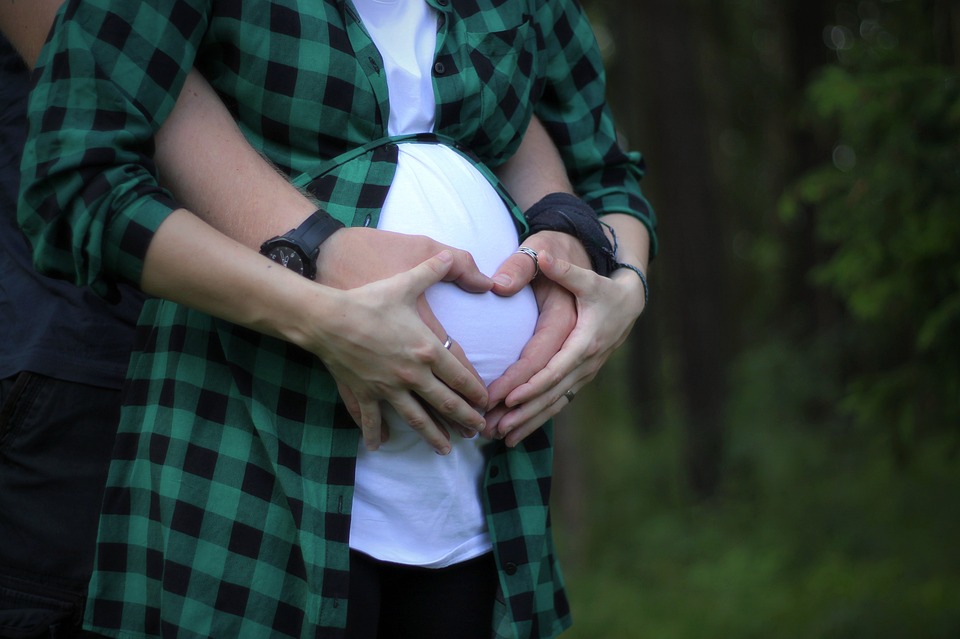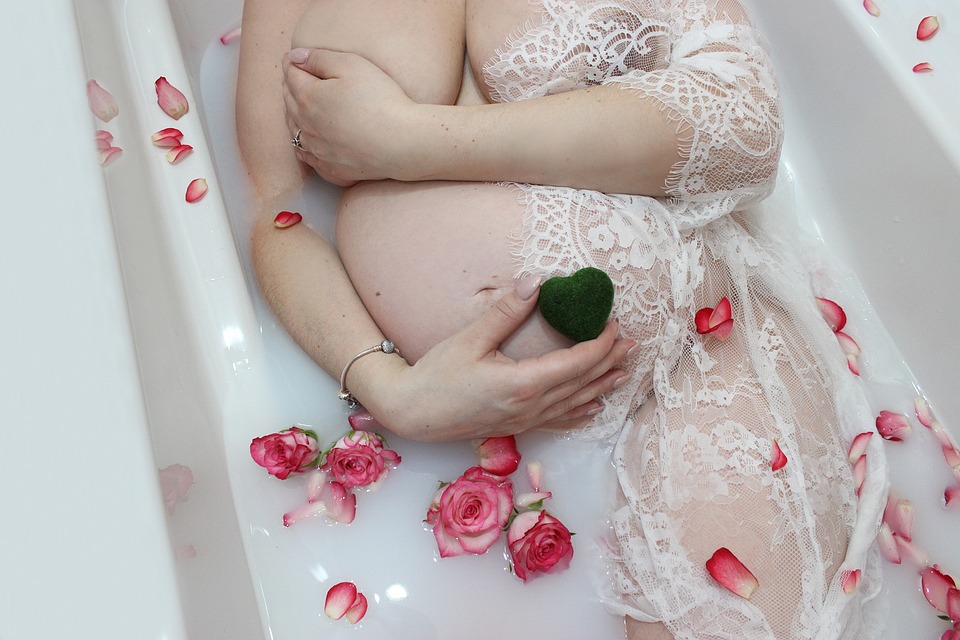
Nourishing Your Growing Baby: The Importance of a Balanced Diet in Pregnancy
Pregnancy is a time of immense joy and excitement as you eagerly await the arrival of your little one. It is also a time of great responsibility as you strive to provide the best possible environment for your growing baby to thrive. One of the most crucial aspects of a healthy pregnancy is maintaining a balanced diet that provides your baby with the nutrients they need to develop and grow.
During pregnancy, your body undergoes numerous changes to support the growth and development of your baby. It is essential to ensure that you are nourishing both yourself and your baby with the right nutrients to promote healthy growth and development. A balanced diet that includes a variety of foods from all food groups is key to ensuring that you and your baby are getting the nutrients you need.
Proper nutrition during pregnancy is crucial for the overall health and well-being of both you and your baby. A balanced diet that includes a variety of foods from all food groups will help ensure that you are getting the nutrients you need to support the growth and development of your baby. It can also help prevent complications such as preterm birth, low birth weight, and birth defects.
One of the most important nutrients during pregnancy is folic acid. Folic acid is crucial for the development of your baby’s brain and spinal cord, and a lack of this nutrient can lead to serious birth defects such as spina bifida. It is recommended that women who are pregnant or trying to conceive take a folic acid supplement to ensure that they are getting enough of this important nutrient.
In addition to folic acid, it is important to consume a variety of other nutrients during pregnancy to support the growth and development of your baby. Protein is essential for the growth of your baby’s tissues and organs, while calcium is important for the development of their bones and teeth. Iron is necessary for the production of red blood cells, which carry oxygen to your baby, and omega-3 fatty acids are important for brain development.
Eating a variety of fruits and vegetables will help ensure that you are getting a wide range of vitamins and minerals that are important for a healthy pregnancy. It is also important to consume foods that are high in fiber to help prevent constipation, a common issue during pregnancy. Drinking plenty of water is also crucial to stay hydrated and help support the growth and development of your baby.
It is important to remember that during pregnancy, you are eating for two. This means that you need to consume more calories than you did before you were pregnant to support the growth and development of your baby. However, it is important to focus on nutrient-dense foods that provide you and your baby with the nutrients you need, rather than simply eating more of everything.
It is important to listen to your body during pregnancy and eat when you are hungry. While it is important to consume more calories than you did before you were pregnant, it is not necessary to eat for two full-grown adults. Pay attention to your body’s hunger and fullness cues, and make sure to eat a balanced diet filled with a variety of nutritious foods.
If you are unsure of what to eat during pregnancy, it can be helpful to speak with a registered dietitian who can help you create a meal plan that is tailored to your specific needs. They can also provide guidance on which foods to avoid during pregnancy, such as high-mercury fish, unpasteurized dairy products, and undercooked meats.
In addition to eating a balanced diet, it is also important to engage in regular physical activity during pregnancy. Exercise can help improve your mood, reduce stress, and help you maintain a healthy weight during pregnancy. It can also help prepare your body for labor and delivery, and aid in postpartum recovery.
It is important to consult with your healthcare provider before starting any exercise program during pregnancy to ensure that it is safe for you and your baby. They can provide guidance on which types of exercises are safe during pregnancy and help you create a workout plan that is tailored to your specific needs.
In conclusion, maintaining a balanced diet during pregnancy is crucial for the health and well-being of both you and your baby. A diet that includes a variety of foods from all food groups will help ensure that you are getting the nutrients you need to support the growth and development of your baby. It is also important to engage in regular physical activity and listen to your body’s hunger and fullness cues to ensure that you are nourishing yourself and your baby properly.
By following these guidelines, you can help ensure that you have a healthy pregnancy and give your baby the best possible start in life. Remember, you are eating for two now, so make sure to nourish yourself and your growing baby with a balanced diet that provides the nutrients you need to support a healthy pregnancy and a happy, healthy baby.






